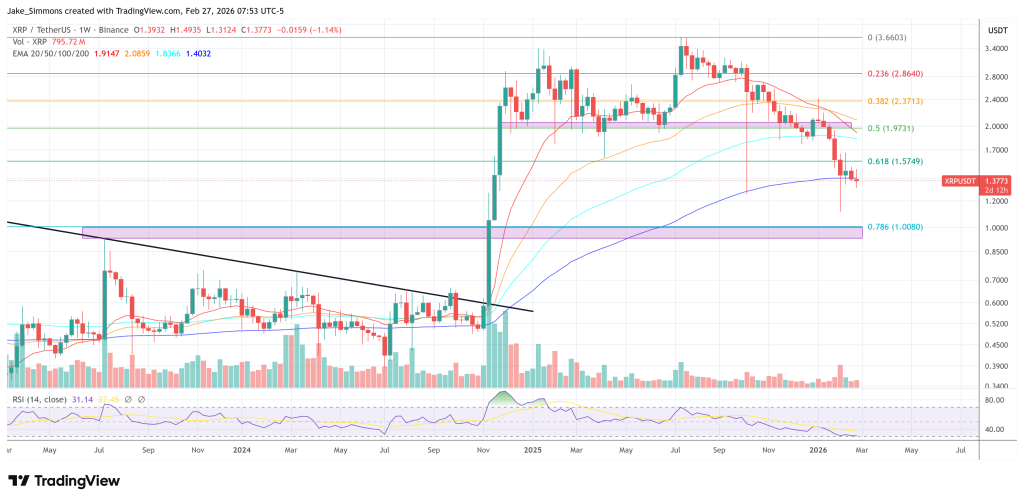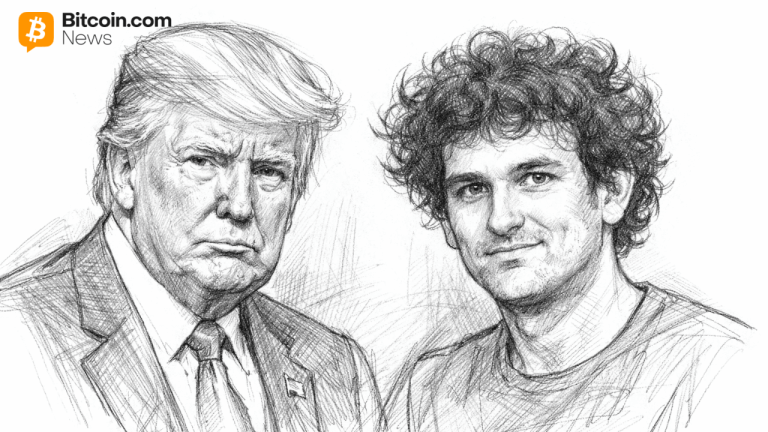Two similar legal disputes around alleged bitcoin scams show that, while Bitcoin may be incorruptible, human beings are not.
This is an opinion editorial by Phil Snyder, an educator teaching blockchain, Bitcoin and all things media at the University of Houston.
Sam Bankman-Fried, FTX, SOL, CEL, XRP, ETH, etc., are a few of the high-profile crypto scams and scammers we hear about. But there are also many low-profile ripoffs that fly under the mainstream media radar.
Houston Attorney Andrew J. Cobos of the Cobos Law Firm includes Bitcoin-related legal disputes in his litigation practice. According to an interview with Cobos for this article, one of his current cases involves an elderly woman who, in 2017, was approached by a young pastor at her church, who encouraged her to invest in bitcoin with his help. The woman and the man entered into an oral agreement that she would transfer $80,000 to him, and he would use her money to buy bitcoin and safely store it for her. Now, the plaintiff in the case, the elderly woman, accuses the man of stealing her bitcoin through the knowledge and use of her private keys. Trial in this case is set for Spring 2023 in Harris County, Texas (case number 2021-51487).
According to the lawsuit, the pastor purchased and held the bitcoin for the elderly woman until July 2020, when the woman requested that the bitcoin be returned. The pastor then ordered and set up a Trezor hardware wallet containing 7.742 bitcoin, and gave the woman the Trezor device along with a “seed phrase card” that the pastor had completed. Days later, the woman opened the Trezor to discover that all of her bitcoin had been removed from the Trezor device.
Cobos has alleged that the pastor maintained a copy of the seed phrase card and recreated the wallet after giving her the Trezor, and thereafter transferred all of the bitcoin to a separate wallet that he controlled. The elderly woman contacted the pastor to inquire about the missing assets and was told that his system was “hacked.” With no recourse through law-enforcement, the elderly woman turned to a trial lawyer and the court system for help.
According to Cobos, this kind of malfeasance seems to be on the rise with Bitcoin’s growing adoption, as newbies to the space are being exploited by street-level fraudsters. Though it is novel case law, such fraud is not new to the Bitcoin space. Even some of the most sophisticated investors have been involved in this type of litigation.
Back in 2012, the Winklevoss twins contracted with Charlie Shrem to buy $750,000 in bitcoin, which was worth only $18.81 at that time. According to court documents WCF (the Winklevoss' fund) alleged that Shrem could not account for $61,000 of the money they transferred to him, and that he had purchased 5,000 bitcoin for himself. WCF claimed that the stolen bitcoin was worth $26 million at the time of the filing.
According to the case text:
“WCF hired an accountant in February 2013 to perform an audit, and the auditor found that Shrem could not account for $61,000 sent to him, which was the equivalent of about 5,000 Bitcoin at the time based on the average price of $12.15 per Bitcoin. Shrem disputed this, but never provided additional information. Another company hired by WCF identified that Shrem's Bitcoin address received 5,000 Bitcoin on December 31, 2012, almost exactly the amount of the shortfall identified by WCF's accountant.”
The case was settled out of court in April 2019 without a public disclosure of the terms. However, contrary to a filing by the twins’ attorney stating that “…WCF and Shrem will each bear their own attorneys’ fees and costs,” Shrem said in a statement to Coindesk that the Winklevosses were ordered to pay Shrem’s attorneys’ fees.
I believe that the most important lesson we can learn from these two similar stories is that the oft-repeated maxim should continue being oft-repeated by Bitcoiners: “Don’t trust, verify!” Though the Winklevoss hadn’t known Charlie for very long, they trusted him because he knew Bitcoin better than they did back in 2012. He was one of very few well known OGs around at the time. They learned the lesson the hard way, as did the elderly churchgoing lady. Though the young pastor was supposedly an upstanding member of her church, she leaned too far on his expertise, blindly trusting in his integrity, and waiting three years to verify that she still controlled the 7.742 bitcoins.
“Experts” in Bitcoin who call themselves “Bitcoiners” can equally be practiced at the art of deception.
Yes, the Bitcoin protocol is virtually perfect and incorruptible, but human beings — even Bitcoiners — are not (big shock gasp). As in any space where great wealth is at stake, there is a broad spectrum from naive innocents to career parasites — doves and vultures. Let us resolve to be eagles — defenders of the nest eggs — both our own and others. Let us continue in diligence to educate ourselves and our “orange-pillees” while being vigilant to seek out and expose the “Scam Bankster Frauds” and other wolves in sheeps’ clothing of the world at all levels of their scamduggery.
This is a guest post by Phil Snyder. Opinions expressed are entirely their own and do not necessarily reflect those of BTC Inc or Bitcoin Magazine.

You can get bonuses upto $100 FREE BONUS when you:
💰 Install these recommended apps:
💲 SocialGood - 100% Crypto Back on Everyday Shopping
💲 xPortal - The DeFi For The Next Billion
💲 CryptoTab Browser - Lightweight, fast, and ready to mine!
💰 Register on these recommended exchanges:
🟡 Binance🟡 Bitfinex🟡 Bitmart🟡 Bittrex🟡 Bitget
🟡 CoinEx🟡 Crypto.com🟡 Gate.io🟡 Huobi🟡 Kucoin.




















Comments